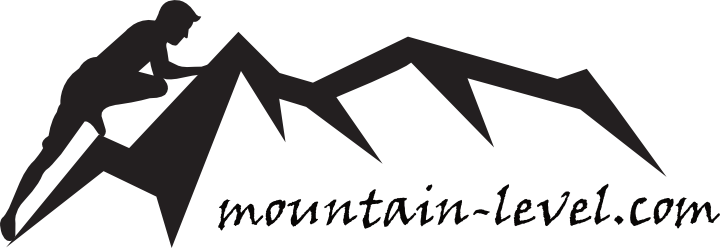Navigating mountainous terrain demands a well-stocked first aid kit to address potential challenges. This guide illuminates the essential components ensuring your safety in remote landscapes. From altitude-related concerns to unexpected injuries, equip yourself with the knowledge and supplies necessary to handle emergencies amidst the breathtaking but unpredictable mountain environment.
Before a multi-day mountain tour, I recommend consulting a doctor or pharmacist for specialist medical advice. However, it is always advisable to consider certain medicines and first aid products during a mountain trek.
1. Basic First Aid Kit:
– Leucoplast or patches to cover cuts and scrapes;
– Disinfectant for wounds;
– Sterile bandages;
– Use a blood pressure meter and medication if needed.
2. Analgesics and anti-inflammatories: Paracetamol or Ibuprofen to treat headaches or muscle discomfort.
3. Anti-allergics: Antihistamines to treat allergic reactions or insect stings.
4. Medicines to treat gastrointestinal problems such as indigestion or diarrhea.
5. Motion sickness medication: if you are prone to motion sickness, consult your doctor for recommendations.
6. Altitude medications: consider discussing medications with your doctor that may help you adapt to altitude.
7. Personal medication: any medication you take regularly for chronic conditions. The content of this point should be discussed with your personal doctor.
8. Skin care products:
– Sunscreen cream with a high sun protection factor.
– Lip balm.
– Skin tightening lotion or cream.
Ensure you know how to administer and dose any medication you take and that you have a sufficient supply for the hike.
As you conclude your mountainous adventures, the significance of a well-prepared first aid kit cannot be overstated. This guide empowers you to navigate rugged landscapes confidently, providing insights into essential supplies. May your journeys be filled with awe-inspiring vistas, knowing you’re equipped to handle the unexpected challenges of mountain exploration.
- Cosmin Mihoreanu
